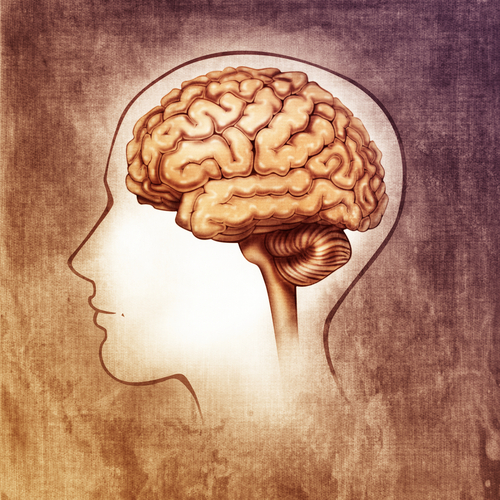The shortest ever guide to academic writing
Academic articles handle dense and complex subject matter, which means that a great degree of care goes into writing that tells this complicated story in a simple and compelling way. I like writing, and I thought I’d share my approach to structuring my own written work. It relies on three rules. I treat the first … [Read more…]
